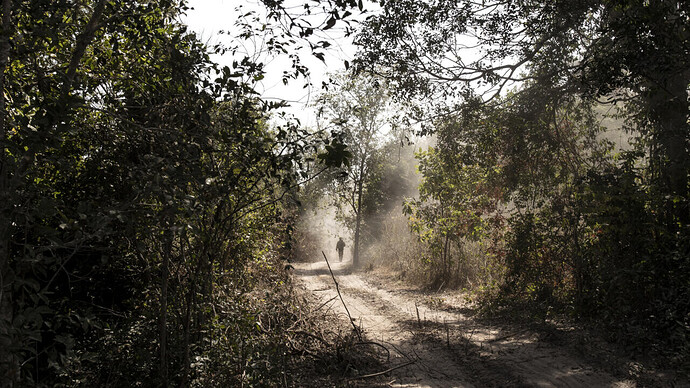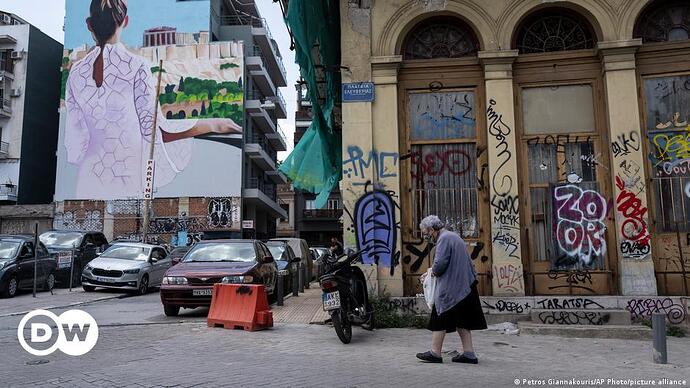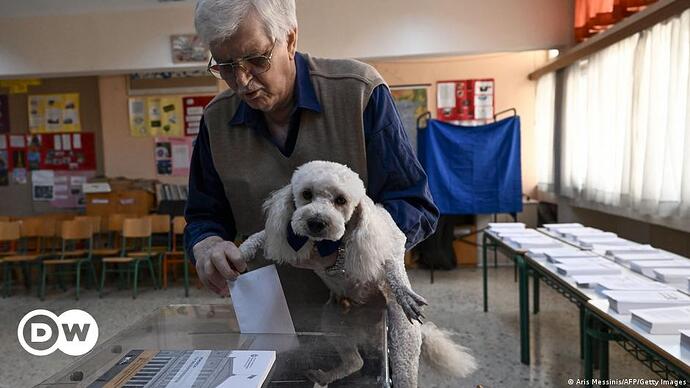The Interior Ministry is a critical department of the government in many nations. It is responsible for a wide range of functions, including public safety, internal security, law enforcement, immigration, and border control. The Interior Ministry is one of the most critical departments of a government as it is responsible for dealing with the country’s administrative, security, and law enforcement issues, making it the heart of the country’s internal management system.
The Interior Ministry plays an important role in maintaining national security by overseeing the functioning of police forces, national guard units, intelligence agencies, and border protection forces. It is responsible for ensuring the safety and security of citizens, protecting public property, and responding to emergencies. The ministry is responsible for maintaining the country’s internal stability and preventing breaches of public order.
Functions of the Interior Ministry
The Interior Ministry’s primary role is to ensure the country’s internal stability and security. The following are some essential functions of the Interior Ministry:
- Law enforcement
One of the critical functions of the Interior Ministry is law enforcement. It is responsible for ensuring that the country’s laws are enforced, crimes are detected and criminals are brought to justice. The Interior Ministry oversees the operations of the police force, which is the primary law enforcement agency of the government. The ministry also works to reduce crime rates and improve public safety by implementing various programs and initiatives.
- Border control and immigration
The Interior Ministry is responsible for border control and immigration. It guards the borders and protects the sovereignty of the nation by preventing the entry of illegal immigrants and controlling the movement of people within the country’s borders. The ministry also issues visas and travel documents, manages immigration policies, and regulates the stay of foreign nationals.
- Disaster management
The Interior Ministry is responsible for handling disasters, both natural and man-made. It coordinates rescue and relief operations during natural disasters like floods, hurricanes, earthquakes, and tsunamis. The ministry also responds to terrorist attacks, cyber attacks, and other emergencies that may threaten national security.
- National security and intelligence
The Interior Ministry is responsible for maintaining national security and protecting important installations like airports, seaports, and defense facilities. It also oversees intelligence agencies involved in gathering and analyzing intelligence information to prevent terrorist attacks, espionage, and other national security threats.
- Public safety
The Interior Ministry is responsible for ensuring public safety and security. It monitors traffic safety, fire safety, and other public safety issues. The ministry also takes measures to prevent terrorist attacks, train bombings, and other threats to public safety.
The structure of the Interior Ministry
The Interior Ministry is a vast and complex organization that is divided into several departments, units, and agencies. The structure of the ministry varies depending on the needs and priorities of the nation.
In most countries, the Interior Ministry is headed by a minister who oversees the work of the different departments. The minister is supported by a team of advisors and senior officials who assist in policymaking and decision-making. The department heads provide the minister with reports on the department’s activities and advise on policy matters.
The police force is usually considered an essential part of the ministry. It is divided into several units, including patrol units, investigation units, and administrative units. Police officers are responsible for maintaining law and order, detecting and preventing crimes, and providing assistance to citizens in emergencies.
The Immigration and Border Control Department manages immigration policies, monitors border control points, and ensures compliance with immigration laws. It also issues visas and travel documents to foreign nationals.
The intelligence agencies are responsible for gathering and analyzing intelligence information. They collect information about national security threats, terrorist activities, espionage, and other threats to the country’s security.
The Emergency Services Department is responsible for handling disasters, both natural and man-made. The department is divided into several units, including rescue, medical, and logistics.
Conclusion
The Interior Ministry is an essential department of the government, responsible for maintaining internal stability and security. It is responsible for law enforcement, border control, immigration, disaster management, national security, and public safety. The structure of the ministry varies depending on the needs and priorities of the nation. The ministry is usually headed by a minister, supported by a team of advisors and senior officials. The police force, immigration and border control department, intelligence agencies, and the emergency services department are some of the critical components of the ministry. The Interior Ministry’s importance cannot be overstated as it ensures the safety and security of citizens, protects public property, and maintains the country’s internal stability.
Disclaimer
6do Encyclopedia represents the inaugural AI-driven knowledge repository, and we cordially invite all community users to collaborate and contribute to the enhancement of its accuracy and completeness.
Should you identify any inaccuracies or discrepancies, we respectfully request that you promptly bring these to our attention. Furthermore, you are encouraged to engage in dialogue with the 6do AI chatbot for clarifications.
Please be advised that when utilizing the resources provided by 6do Encyclopedia, users must exercise due care and diligence with respect to the information contained therein. We expressly disclaim any and all legal liabilities arising from the use of such content.










